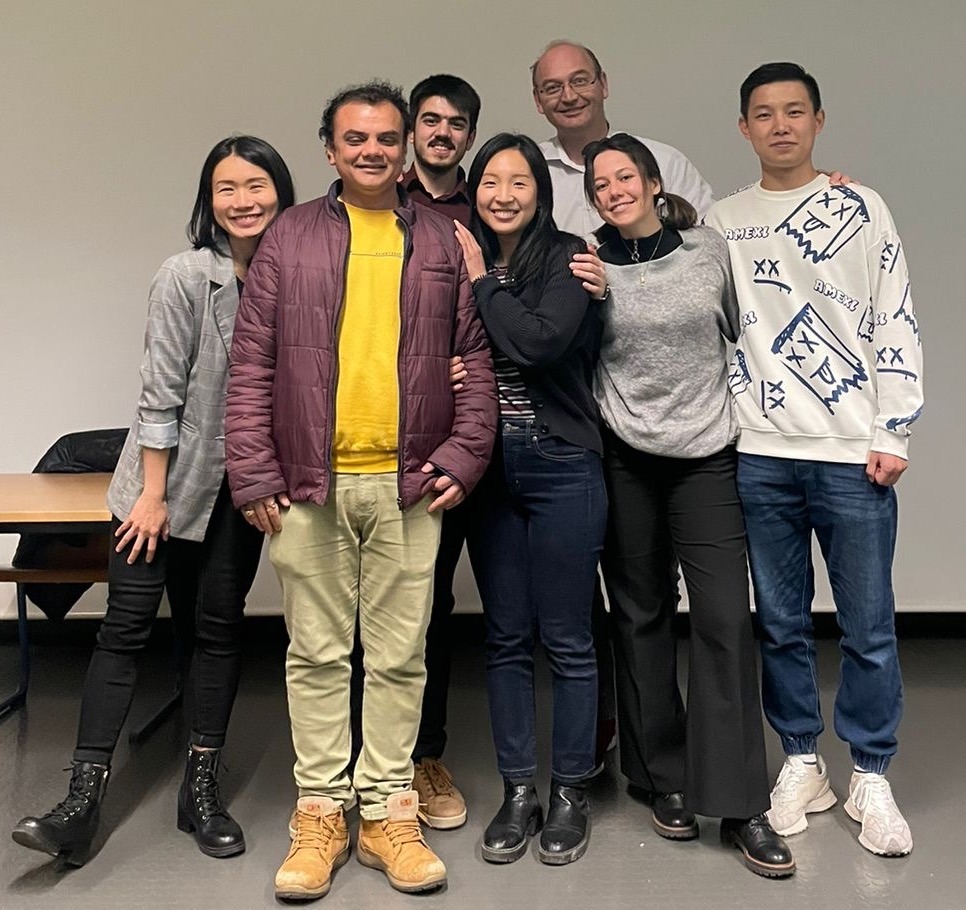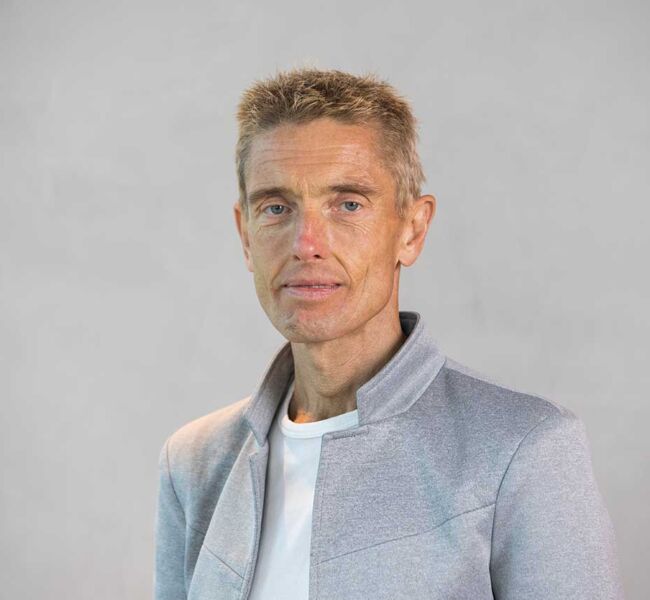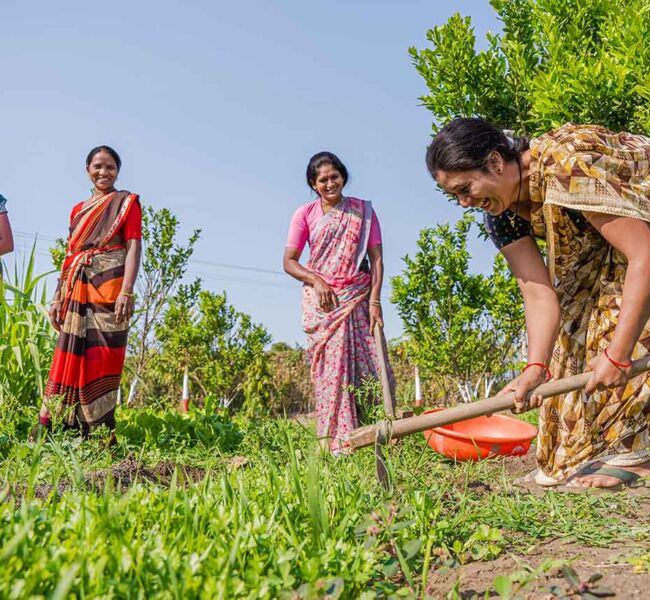
Janissa Ng, Spurwing’s sustainability consultant, recently moved to Germany to pursue a Master’s in Business & Sustainability. We caught up with her to understand how her learnings apply to our team of communicators navigating a complex sustainability landscape, where corporate reputation hangs in the balance depending on what companies say and how they say it.
What does it mean to be living in Europe at a time where new sustainability reporting standards are taking shape? Should these standards influence APAC strategies?
Being based in Europe has provided me with a front row seat to the newest developments that are raising the bar for corporate sustainability. Like it or not, these changing standards will eventually reach and impact businesses in Asia.
What this means for businesses in Asia is that there is a competitive advantage to being positioned as a sustainability leader in an industry. This puts you ahead of the game at a time where many businesses may still be grappling with the how’s and what’s of reporting standards. The ability to implement initiatives, as well as tracking and reporting processes, creates a more compelling investment case and could even unlock new opportunities with sustainable financing or investments.
Business and Sustainability is a relatively new degree. What type of projects are involved in your day to day and how are they tied to making an impact in the non-academic world?
Janissa: With global developments on sustainability evolving at lightning speed, the science-backed approaches of academia are essential to the process of developing real-world sustainability solutions.
An exciting project I’ve been able to tackle has been part of a partnership with the International Sustainability Academy for a sustainable rice pilot initiative in India. This experience of approaching sustainable agriculture from an academic perspective has helped me appreciate the immense scale of studies that test and verify these solutions long before they hit the ground.
Why do you think it matters for individuals working in this evolving sector to have an academic understanding of the issues at hand?
In the business context, we tend to approach sustainability from a view that is influenced by the client organisations we represent, or our own area of expertise and understanding. Being in academia has challenged some longstanding assumptions I held, helped me think about sustainability from different perspectives and equipped me with the knowledge to get under the skin of sustainability challenges that a business faces.
Based on what you’ve learned so far, what are some common mistakes that companies make when talking about their sustainability initiatives externally?
We know that even as businesses evolve in their sustainability journey, their customers and consumers are becoming more discerning and knowledgeable about these issues too.
Every brand is talking about how sustainable it is. This means that communicating about sustainability efforts in broad terms is not enough anymore. Consumers, stakeholders and the media are becoming more informed and will look deeper into the claims that you make. Not having anything to back it up now carries a real risk of getting called out by regulators and even in lawsuits. Companies need to focus on target setting and engaging on issues material to the business – in short, the real work behind the claims. This will go a longer way towards reputation building.
How can well informed sustainability communicators help organisations navigate the risks of greenwashing, making sure claims are accurate and transparent?
One aspect is working with media, who are at the receiving end of an endless deluge of sustainability-linked pitches and press releases. Reporters have long called out the PR industry on this. Communicators should also be able to provide informed counsel about whether a certain sustainability measure is actually significant and worth a story. I believe that we have an important role to highlight what great looks like in the sustainability journey. To do it well we need to help media cut through the noise; not contribute to it.
What are some action oriented tips on working with the media well in the context of greenwashing?
Almost all journalists tell us that sustainability-related pitches they are receiving from PR reps are no different from corporate ads. Knowing what works with media in this landscape requires knowledge on two fronts: understanding the impact of the story in the industry context, and what constitutes incremental change to the environment or social issue at hand.
Journalists also want to be able to cut through the greenwash. It is important to ensure that we are backing up environmental claims with links and references to certification, standards or initiatives.
This shapes how we build relationships with media. Sustainability topics can be technical, and journalists are appreciative if we engage them in advance to share new information or developments that could help inform their reporting on sustainability issues.
Based on your experience in a different country, how do you think communicators should promote a more inclusive and equitable approach to sustainability that takes into account the unique challenges faced by different cultures and communities?
Beyond ESG reports, we have the opportunity to unearth the real stories behind why sustainability matters in the first place. We can use our creativity and our access to talk about people from different parts of the world, who are the real beneficiaries of corporate sustainability efforts. We have to tell these stories responsibly, which means ensuring representation through diversity in the voices and visuals that we amplify. I love it when I see clients actively champion and push for representation within their companies, too.
What advice would you give someone hoping to hone their skills or knowledge in sustainability?
Janissa: I love that so many communications professionals in the industry are excited about sustainability and taking steps to build expertise in this area – I know the team at Spurwing is! It is important to understand the how to communicate about sustainability-related issues in an informed way to avoid greenwashing. It is so easy to just reach out to someone that inspires you for a coffee chat or simply sign up for a talk or course that interests you.
Are you looking for a team of expert communicators who can develop your sustainability narrative authentically, making sure it is honest and transparent but still cuts through the noise? Get in touch with us to learn more about our sustainability communications services.





